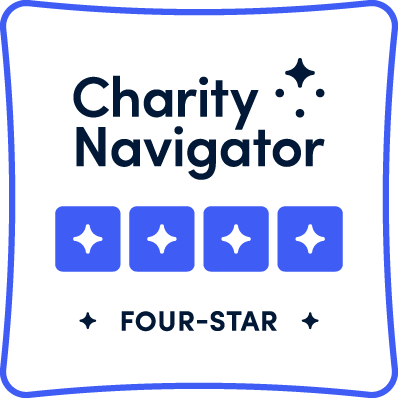

October may be Breast Cancer Awareness Month. But all year round, Jewish women and men need to learn about their family genetic history on both their paternal and maternal sides.
All Ashkenazi Jewish women and men have a 1-in-40 risk of carrying a BRCA (the breast cancer gene) mutation, as compared to a 1-in-400 chance in the general population. With your gifts, the Jewish Federation of South Palm Beach County supports Sharsheret, as it shares this kind of life-saving information with thousands of people.
Sharsheret, a Federation partner agency, offers free and customized genetic conversations with its counselors for individuals and families, support for individuals personally affected by breast or ovarian cancer, and educational outreach. This year, Sharsheret, which is Hebrew for “chain,” held a community-wide Pink Shabbat®, which was held in partnership with local synagogues and other Jewish organizations. The event was another opportunity to inform and provide resources – work that the nonprofit organization has been doing for eight years.
“It takes a long time to educate an entire generation. Through outreach, I am able to tell 200 people about the increased risk about cancer in our community,” said Briana Schwarz, Sharsheret’s Florida Regional Director. “But I need for those 200 people to tell 200 other people. It can take a while to make sure that information is widely known.”
The hope is that when a cancer diagnosis hits a family, they know where to turn for help with a special sensitivity to Jewish needs. For example, Daniel Gorlin and his family epitomize the importance of staying on top of genetic testing and how Sharsheret can help all family members navigate this critical journey. To learn more about the Gorlin family’s story, you can watch a short video.
Daniel’s Sharsheret story began over 50 years ago when his maternal grandmother was diagnosed with ovarian cancer, and his great aunt died of ovarian cancer. Daniel’s mother was well aware of her family history, and as such, got tested for the BRCA gene mutation and was told she was not a carrier. Nevertheless, Daniel’s mother worked closely with her doctor to discuss and implement a personal screening protocol.
When Daniel’s sister was diagnosed with breast cancer last year, Daniel’s mother got retested and this time she was told she carried a BRCA1/BRCA2 genetic mutation, specifically a deletion, which was missed on earlier testing.
“My family knows what it is to go through cancer,” Daniel said. “My family knows what it is to need support, to need guidance, to need information, and to know about your family history. Sharsheret provides it all.”
To support organizations like Sharsheret and JScreen and their educational outreach on cancer’s impact in Jewish communities, visit www.jewishboca.org/donate. Together, we thrive!

